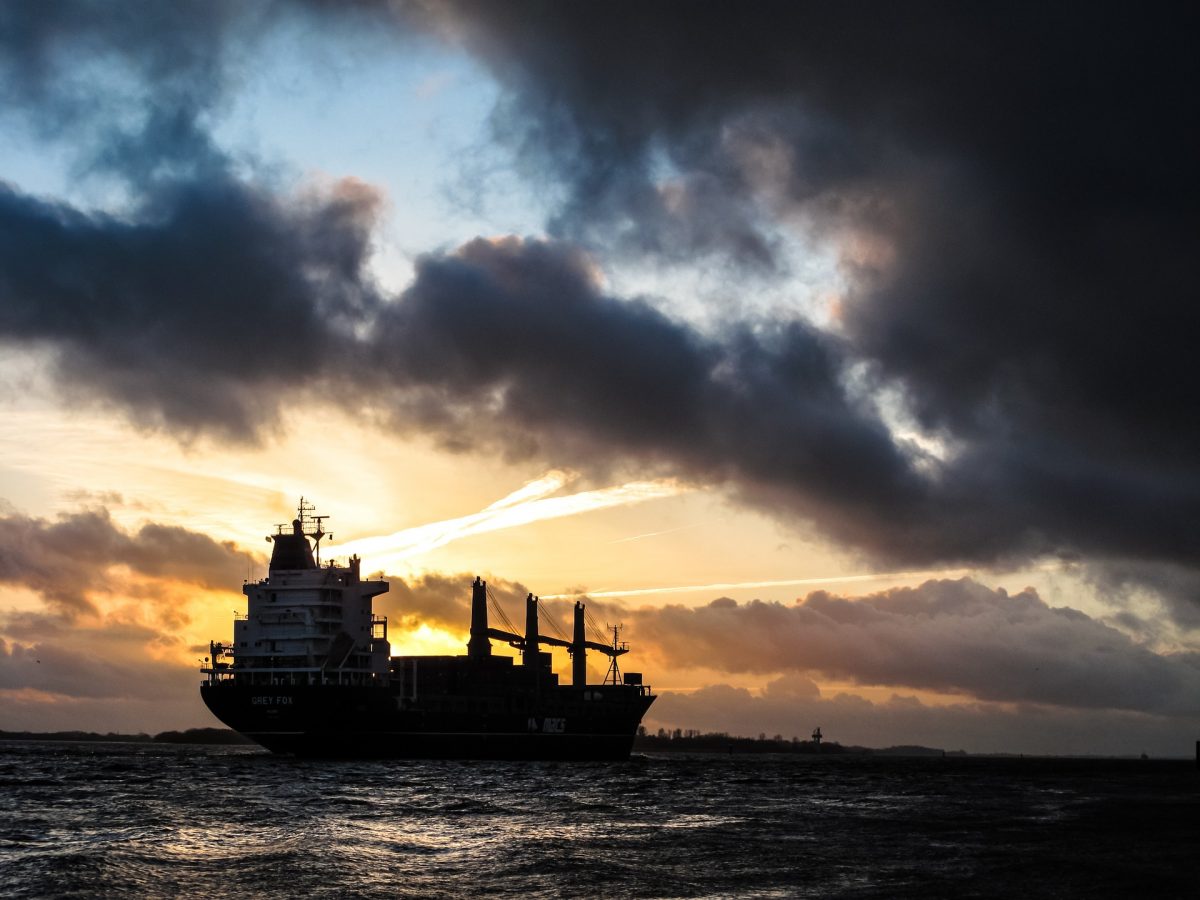Mining Other

Morocco to Build $700M Pipeline Network for Planned LNG Terminal

Morocco is making waves in the energy sector with plans to construct pipelines for a new liquefied natural gas (LNG) terminal along its Mediterranean coast. The project is pegged at a significant $700 million investment, underscoring the country’s commitment to enhancing its energy infrastructure.
The new pipelines are set to link the upcoming LNG terminal in Nador City directly to an existing pipeline connecting Morocco to Spain. This strategic connection also aims to serve industrial hubs in Mohammedia and Kenitra cities. Leila Benali, the country’s Minister of Energy Transition and Sustainable Development, broke the news while speaking to the Moroccan parliament.
Minister Benali highlighted that her department had already opened a call for expressions of interest regarding the terminal. Interested companies have until July 23 to submit their proposals, signalling the urgency and significance of this development to both local and foreign stakeholders.
With this new pipeline network, Morocco aims to bolster its position in the international energy landscape. The connection to the Morocco-Europe pipeline is particularly noteworthy, as it opens up avenues for increased energy trade with Europe—a lucrative market for LNG.
The pipeline project underscores Morocco’s drive towards energy diversification and sustainable development. As global energy demands shift, the country is positioning itself to meet future needs efficiently, offering both environmental and economic benefits.
A cost looming over $700 million shows the ambitious scope of this project. Such a considerable investment reflects Morocco’s futuristic vision to not only cater to its domestic energy needs but also tap into global markets.
How this will affect the wider Middle East remains to be seen. The region has its fair share of energy projects, with many countries pivoting towards sustainability. Morocco’s strategy may inspire similar initiatives, encouraging countries to tap unconventional energy sources like LNG.
Whether Morocco’s LNG terminal and its connected pipelines will reshape the regional energy dynamics is an open question. Yet, it undeniably sets a precedent for innovation and sustainable growth within the evolving energy framework of the Middle East. Will other nations follow suit, or will Morocco stand as a unique case in the region? Only time will tell.












